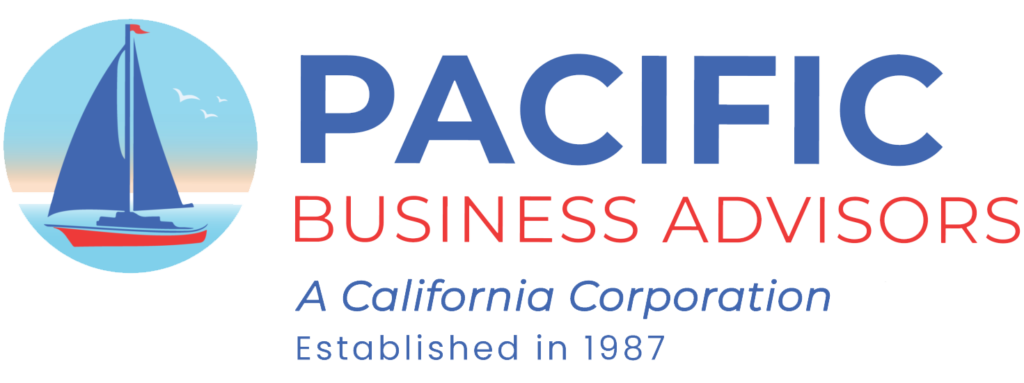

Glossary of Business, Corporate Finance and Investment Terms
Bank mail
A bank's agreement with a corporation attempting a takeover that it will not provide financing to support the bid of another firm.
Barter
The trading of goods and / or services for other goods and / or services. The use of money is not required except to possibly balance accounts. The use of barter is growing all over the world.
Bear
A person who believes stock prices will decline. See Bull.
Bearer Bonds or Coupon Bonds
Bonds not registered in the records of the issuing corporation. Bearer bonds are negotiable without endorsement. They are transferred by simple endorsement. Bearer Bonds have coupons attached which must be presented to the corporation before dividends will be paid. Most bonds are registered.
Bid
The price a prospective buyer is willing to pay for a security.
Bid and Asked
Bid is the highest price a prospective buyer is willing to pay for a security and Asked is the lowest price the seller will accept. Together, the two prices are a Quotation with the difference being the Spread. While the concept of Bid and Asked is involved in all trading of securities, the terms Bid and Asked almost always refer to unlisted OTC securities.
Bearer Stock
Stock not registered in the records of the issuing corporation. Bearer Stock certificates are negotiable without endorsement. They are transferred by simple delivery. All stock of California corporations is registered.
Blue Chip Stock
Stock of a nationally known corporation with a long history of growth, profits, and reliable dividends. Such firms also have a reputation for having high quality management, products, and services.
Board of Advisors
A Board of Advisors is an informal, less costly alternative to a Board of Directors. It is intended to enhance a firm's ability to grow, its credibility, and reputation. Unlike directors, advisory board members do not owe a fiduciary duty to the company and generally have no liability. Consequently, they do not require coverage, under a Directors and Officers Liability Policy and usually receive far less compensation than directors.
Bottom Fisher
Investor who buys stocks that have fallen to a very low level. Sometimes Bottom Fishers buy stocks of corporations that are facing possible bankruptcy because of the extremely low price per share.
Call Price
The price at which a bond can be called or redeemed. It is generally higher than the par value with the difference being the Premium.
Call Protection
This is the length of time during which a bond cannot be called or redeemed. See Call Risk.
Call Risk
This is the risk to a bondholder that a bond may be redeemed before its maturity. The risk to the bondholder is that the bond cannot be replaced with the same yield because rates have declined. Bonds are called because they can be replaced at a lower cost.
Capital Asset
An asset not purchased or sold in the normal operation of the business. It is considered a long term asset or fixed asset. Examples include buildings, equipment, and furniture.
Captive Finance Company
This is usually a Subsidiary of a corporation used to finance the purchase of goods from the parent company. An example would be Ford Motor Credit.
Certified Financial Statements
These are financial statements accompanied by an opinion from a Certified Public Accountant.
Cigar Butts
Refers to corporations that have little value but are still good investments because the share price is far below the book value per share. The strategy of acquiring Cigar Butt corporations is used almost exclusively by liquidators. The comparison to a Cigar Butt is made because the corporation usually has "one puff of smoke remaining."
PacificBusinessAdvisors.net
Office: 818-991-5200
Direct: 818-991-9019